Throughout history the world’s greatest and most tragic modern disturbances have collected around huge technological advancements. From the Industrial Age to the printing press to the Internet, when humanity realizes new pathways of communication and achievement, society seems up for grabs and oftentimes tumbles on its head. However, humans are resilient and figure out how to use new technologies to our benefit.
Now with the advent of social media, we as a world culture are learning on the fly how to live with a new toy (or weapon, you may call it), and life as we know it has forever changed. If ever there was a time when yogic philosophy proved useful to guide us from the disturbances of the mind and toward a peaceful existence, it is now.
In India, one of the world’s stalwart cultures, I find solace in many of the impermeable traditions and philosophies gathered around yoga. India’s yogic philosophy has directed and guided countless searchers, from the novice to the learned, who hope to make peace with that which brings us so much joy and pain: the ego.
The ego helps us achieve, but it also draws us into conflict and confusion; it plays a witty game with us until we somehow, if we are lucky, tame the beast. But how do we begin to understand what we’re up against? How do we shunt being a contestant in the game of life and simply contentedly live the game? Ageless, a wonderful new book by R. Sharath Jois with Isha Singh Sawhney, is a good place to begin.
Jois’s entire life has been steeped in the eight pillars of yoga, which he contends lead to an ageless life. Agelessness is not simply defined by time but, by “giving ourselves the chance to live a longer, more satisfied, happier life”, we can be ageless, he says.
With ease and adaptability, Ageless makes Jois’s practices accessible for all who care to live a better quality of life. The book covers physical care, mental care, and care for others, with space allotted for 10 asanas in step-by-step form, which Jois states is all you really need.
The first part of the book largely covers diet. In India, food has been a science for millennia. When you enter the world of modern yoga, half of one’s time can be spent simply understanding the fuel needed (and not needed) for our humanly vehicles.
Jois lays out how the Vedas, the guiding texts to Hinduism, say that eating too much ultimately can lead to sickness and disease. The body really doesn’t need too much food after all. In this context, we can be “frugal” with food for wiser reasons than to look skinny. Fasting for one day out of the month can be done not because you are going to the beach the next day, but because it’s tendered through a grounding spiritual base.
Related: Sharath Jois on Balancing the Body for a Stable Mind
Jois addresses emotional and mental health throughout the book, starting with cultivating a positive outlook. He proffers that while there is a great need to support ourselves and our families and to be productive, “perhaps taking time out to play an instrument, write, paint, cook, mediate, exercise, or practice Ashtanga yoga is all one needs to come back to the daily grind refreshed and with a more optimistic outlook.”
“We all live by deadlines and place a lot of stress on ourselves to achieve what we think are ‘perfect lives,’” he says. In doing so, we inadvertently crave negative things and thus bring negativity. But when we do something joyful, a natural instinctive positivity arises to face our problems. That mindset is far different from the one that generally causes problems and is essential for mental well being. A yogic practice can further help this by creating a calm state of being and lowering the burden on our mind and body.
But the most inspiring portion of the book is Jois’s simple codifying of the act of seva, or service, which is performed without any thought of reward or repayment. “Being ageless is intricately intertwined with selflessness,” Jois states. There is seva for yourself, seva for nature (the physical environment), seva for country, and seva for community. “A real yogi shares money and knowledge,” Jois says. “A real yogi considers everyone equal.”
If every corner of the world imported this type of approach to equality, I wonder if we would see less suffering? To honor and respect oneself and others and to serve humanity is the essence of being not only ageless but also of transcendent. And that is the real crux of the book.
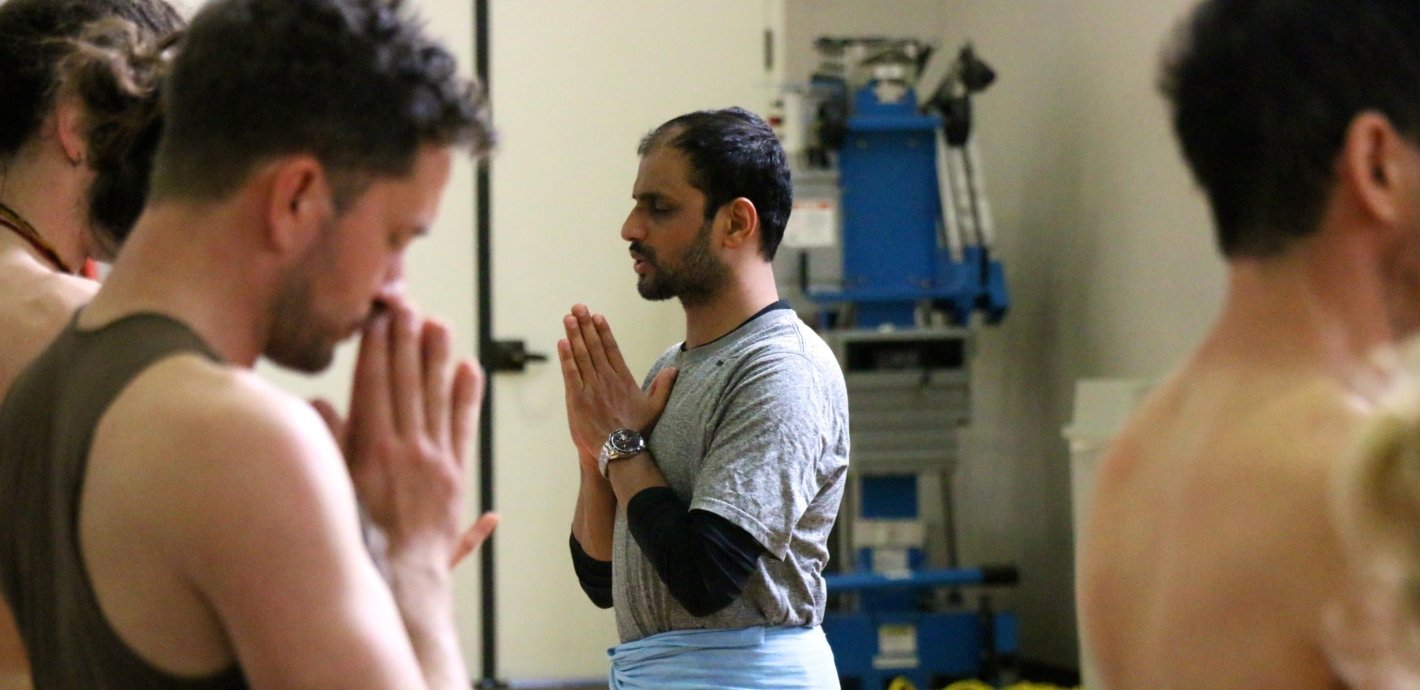

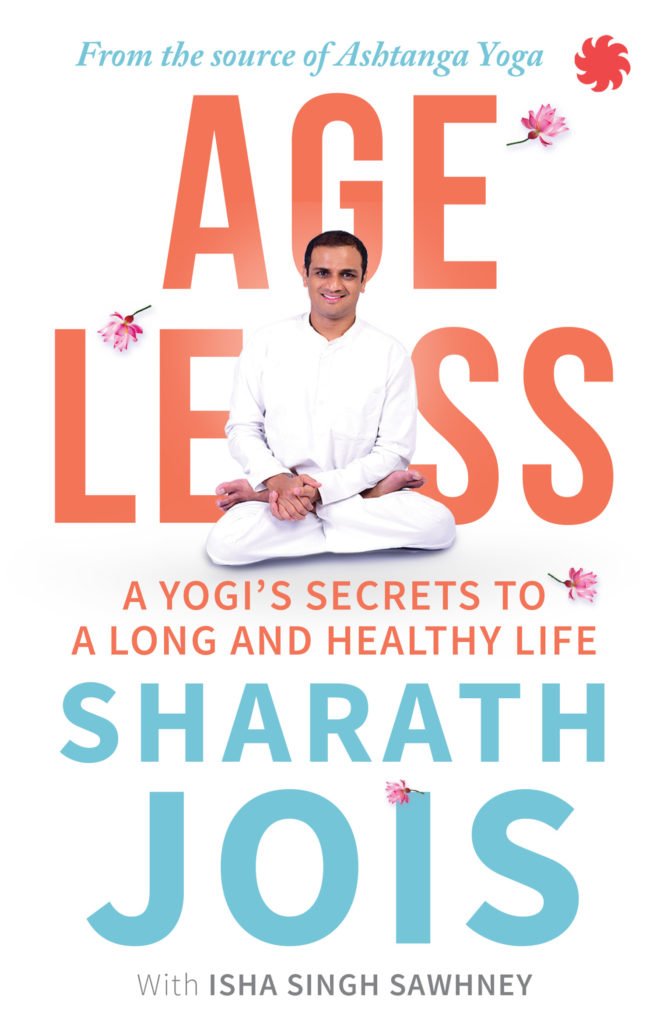
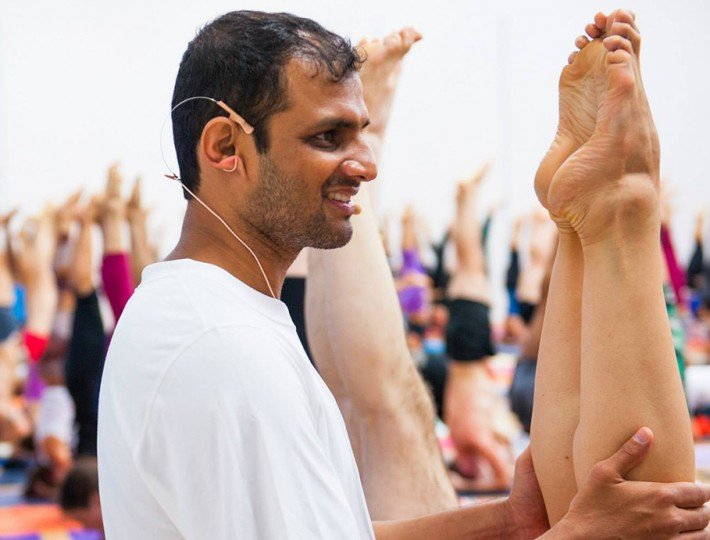
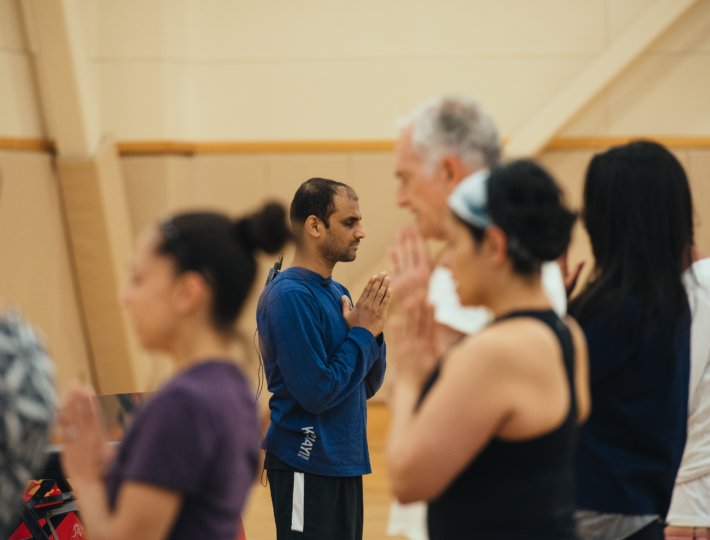
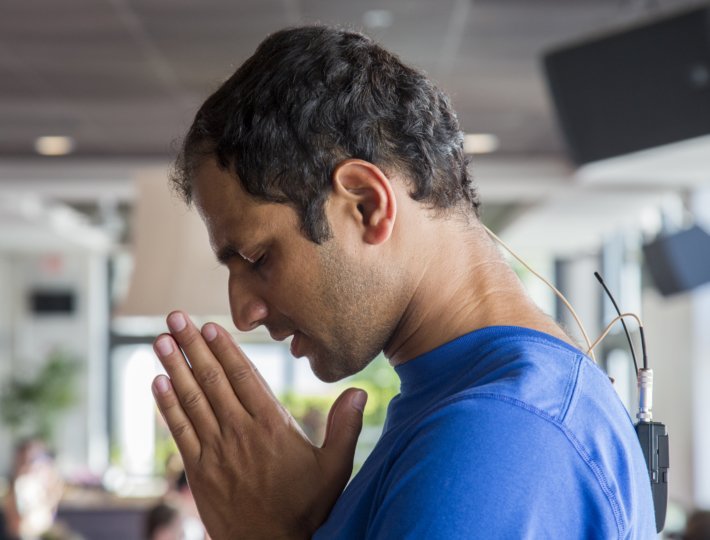






Comments (0)